Image
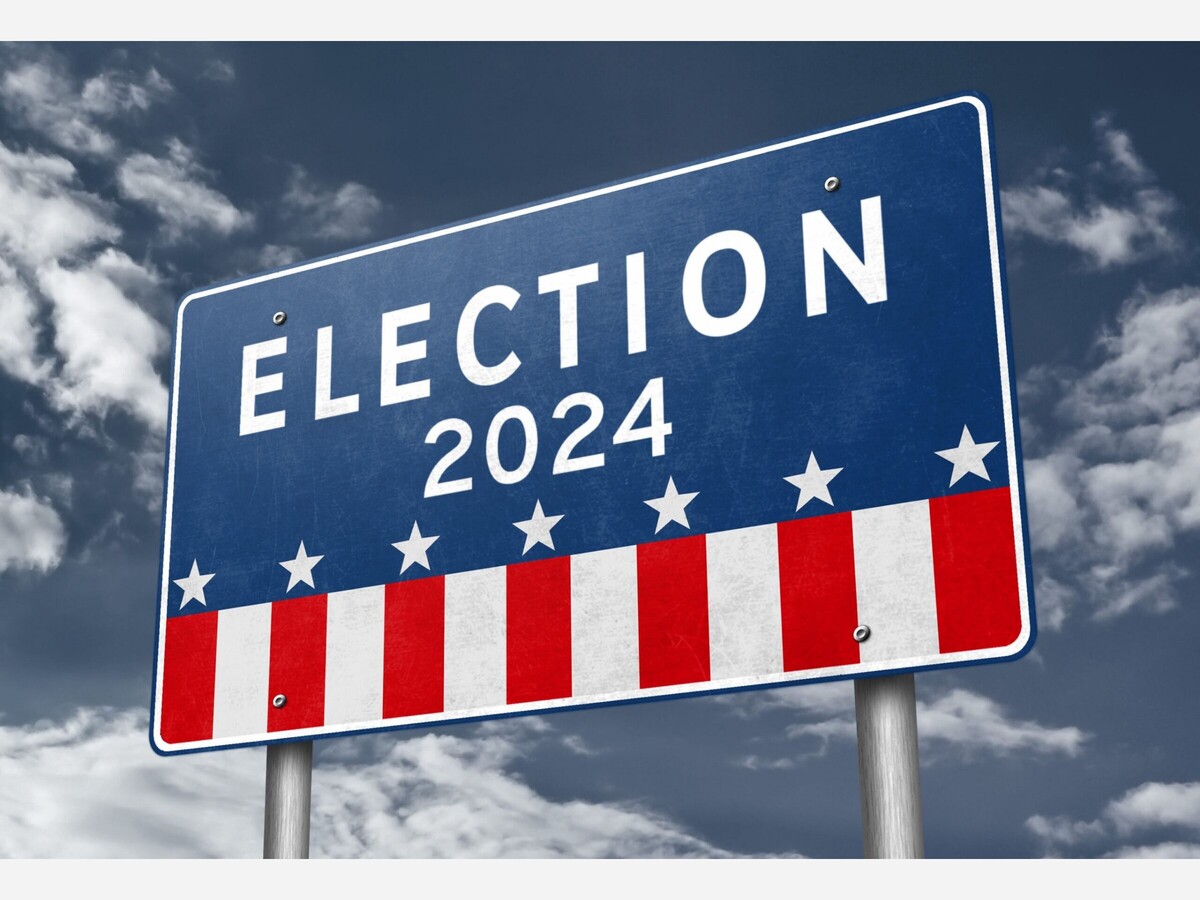

With all 134 House seats and a tied Senate up for grabs, parties prepare to fight over abortion, immigration, corporate tax cuts and more
MINNEAPOLIS — Democrats have controlled the Minnesota Legislature for the past two years with the “trifecta” of a blue governor, Senate and House — and Republicans are seeking reparations.

Currently sitting at a 33-33 split, the Minnesota Senate is up for grabs in the Nov. 5 general election. After U.S. Rep. Dean Phillips ran for the presidency, Minnetonka’s Kelly Morrison opted to run for Congress, leaving her Senate seat open and vulnerable.
All 134 Minnesota House seats are also up for re-election on Nov. 5. For the past two years, there has been a 70-64 majority for the DFL, but if Republicans can gain four seats, they would have a majority. It’s not outside reality that some of these incumbents are uprooted — in 2022, five Republicans and three DFLers failed to be re-elected.
Minority Leader Rep. Lisa Demuth, R-Cold Spring, said she feels hopeful Republicans could gain control of the House in next month’s election. In her time door knocking, Demuth said the focus from Republican constituents has been centered around the economy.
“With a full Democrat control of the state over two years going through the $18 billion surplus and then … turning around and increasing our state budget by another $10 billion … We know that Minnesotans need to afford their lives, and Democrats have made it unaffordable with the increase of taxes and fees,” she said.
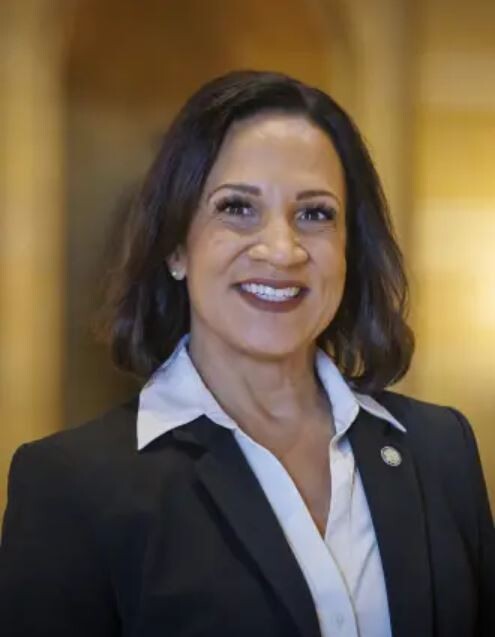
One of the main priorities for Republicans, Demuth said, is addressing fraud under Walz and the Feeding Our Future Act.
“Minnesota taxpayers are tired of funding fraud,” she said, adding that Minnesota doesn’t have a revenue problem, but rather a spending problem.
As far as legislation, Demuth says education will be a big priority for Republicans. She also said the party would look at some of the immigrant-related bills that have been passed.
“Walz has signed multiple bills into law that allow for free college for illegal immigrants,” she said. “He's signed, you know, a driver's license, he has signed health care, all of those things, rather than first taking care of Minnesota citizens first.”
Demuth said that if Republicans had control, a lot of work would be centered around “reversing.”
“We want to reverse the fraud,” she said. “We want to reverse government spending and waste. We want to reverse the fact that, under Democrat control, the government and the spending just keeps going at an unattainable level that no one else in the state has seen. Those are the things that need to be reversed.”
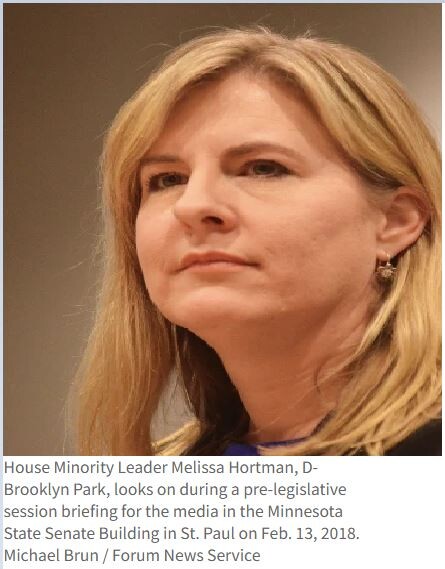
Minnesota House Speaker Rep. Melissa Hortman, DFL-Brooklyn Park, said she thinks Republicans could target abortion if they took control.
“That took us hours and hours and weeks to get that through,” Hortman said in reference to codifying abortion.
Demuth said they would target the “limitless” abortion Democrats passed, claiming that most Minnesotans disagree with this already.
“What the Democrats did was remove health and safety protections for women undergoing abortion, removing the requirement for lifesaving care for infants born alive as a result of an abortion, and removing any restrictions to abortion even up to the day of birth,” she said.
Hortman said she anticipates Republicans would push a lot of tax-cut legislation for corporations and wealthy individuals that she sees as “unsustainable.”
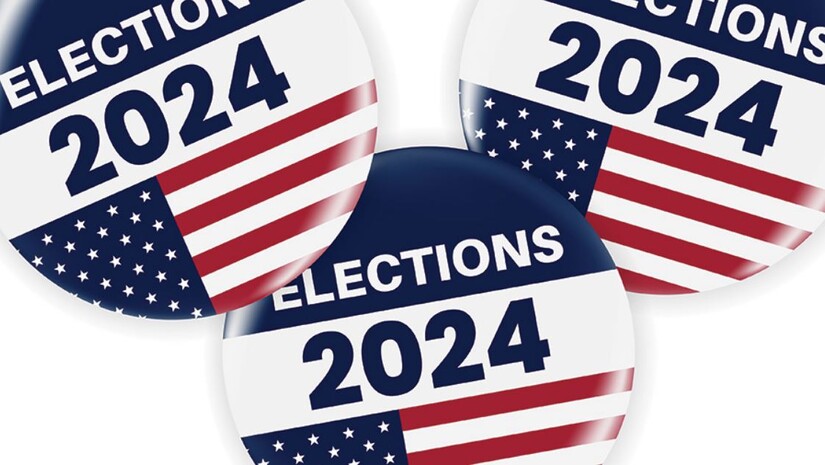
When the Legislature learned of a budget surplus two years ago, Hortman said Republicans immediately turned to tax cuts. She said she thinks that if Republicans had control at the time, Democrats would not have been able to pass things like affordable housing, or free breakfast and lunches for kids.
Looking forward, Democrats are likely to revisit some of the bills that failed to pass last session — including ones regarding gun control, the Equal Rights Act and the bonding bill for local infrastructure.
Republicans and moderates have criticized the DFL for what they see as progressive legislation passed between 2022 and 2024 — things like codifying abortion, legalizing marijuana and legalizing driver's licenses for immigrants have been hot topics of dissent.
Hortman said she feels there's a reason why some of these “dramatic” policies came all at once.
“That was about 10 years of pent-up work that had been prevented from getting done by the gridlock of divided government,” she said.
Hortman said that a divided government from 2019 to 2022 created a lot of “gridlock.” She said bills would frequently pass through the House, only to die in the Senate. But the divided government was not always a recipe for inefficiency.
“Back in the mid-2000s, when we had Governor Tim Pawlenty, moderate Democrats and moderate Republicans could come together and compromise and get things done,” she said. “But the Republicans have purged all the moderates out of their party.”
Demuth countered that it is the Democratic Party that has become more extreme and less flexible in recent years.
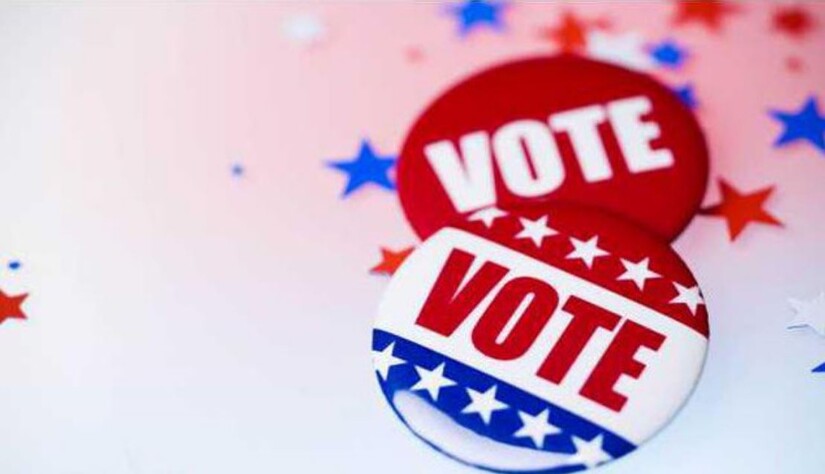
"The proof of the Democrat Party moving to the left is exactly what we saw over the last two years. If there were enough moderates on the DFL side, we would have seen open debate instead of shutting down the voice of the minority party,” she said. “What we desperately need is to bring balance to state government, so that every voice is represented at the Capitol.”
While Hortman notes a divided government as a disadvantage, Demuth says that balance is something she believes a lot of Minnesotans would like to see. She said she thinks they could accomplish this by gaining those four seats in the House.
“When we look at what we are hearing from Minnesotans across the state, the intent to bring balance into the Legislature is one that we are working very hard on,” Demuth said. “Divided government will make sure that all voices in Minnesota are heard and that decisions are not just based on partisan priorities, but decisions will be made on what is best for all Minnesotans.”
SOURCE: Park Rapids Enterprise